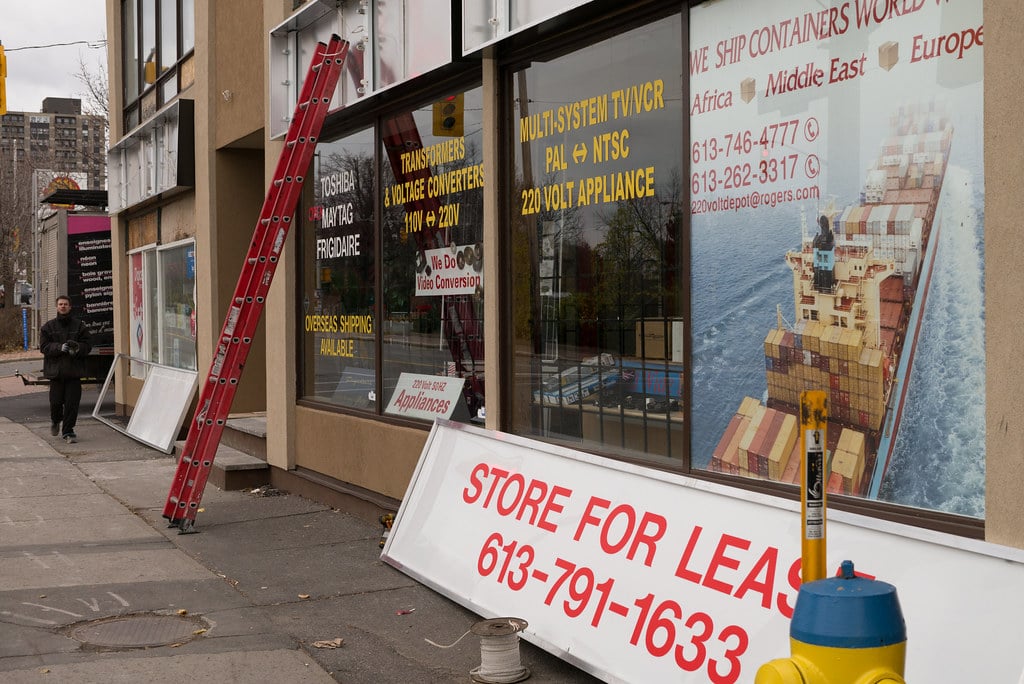Not every claim for breach of contract will lead to an adverse judgment. There are some legal defenses that can be asserted including a claim of “impossibility.” The defense of impossibility is potentially available in a public health circumstance like the current COVID-19 pandemic. As an example, assume a business has been declared by state authorities to be “non-essential” and has been ordered to close. As a consequence, the business has no income and is unable to pay its rent and other monthly obligations under its lease. If the Lessor declares a default for breach of the lease, impossibility can be raised as a defense. Here is a quick rundown of the legal principles.
What must be proven to assert the defense of impossibility?
Under Michigan law, the doctrine of impossibility requires that the breaching party show that the breach was due to:
- circumstances beyond the control of the party and that
- the circumstances made performance impossible
In Michigan, the legal concept of impossibility encompasses the idea of “impracticability,” which means that absolute impossibility is not required. Rather, it is enough to show that the performance was made extremely and unreasonably difficult, expensive or injurious. The case of Taylor v. Kallman, Case No. 344163 (Mich. App. 2019) (unpublished) provides a good illustration of the legal principles. In the underlying case, one party defaulted on a mortgage by failing to provide a certificate of compliance with local building and safety codes for the apartments in question. These certificates were issued by the local government. When the borrower failed to provide the certificate, the lender declared a default and sued. As a defense, the borrower asserted the doctrine of impossibility since the borrower allegedly attempted to schedule the inspections, but that the city refused and failed to inspect the apartments. Typically, this would be a good example of a claim of impossibility.
Note, however, that the defense would be limited in time. In other words, impossibility is only a defense while the condition or circumstance continues.
Michigan’s legal standard for proving impossibility is easier to satisfy than the standard in other states. Under New York law, for example, the defense of impossibility is applied narrowly. The defense is allowed only if performance is objectively impossible due to an unanticipated event and if the unanticipated event (i) could not have been foreseen or (ii) guarded against in the contract.
Economic hardship might not be sufficient
In general, parties seeking to interpose the defense of impossibility should avoid relying solely on claims of economic or financial hardship. Since contracts are often commercial in nature, courts are not overly sympathetic to claims that a business is suffering financial or economic hardship. These are part and parcel of doing business. For example, in Maple Farms v. City Sch. Dist., 76 Misc. 2d 1080 (NY 1974), the breaching party argued impossibility as a defense to a breach of contract claim related to delivering milk for school lunches. The price of raw milk substantially increased due to an agreement by the US government to sell huge amounts of grain to Russia and because of unexpected crop failures across the US. However, despite the government actions and natural disasters, an increase in the cost of raw milk was held not to be sufficiently impossible to justify excusing the party’s performance.
Impossibility as to lease obligations other than non-payment
Impossibility can be interposed as a defense with respect to other common lease provisions that might be in default because of COVID-19 related conditions. For example, many leases require constant occupancy or that the business not be closed for more than a certain number of days. If there is a government-ordered closure, then the circumstance is one of absolute impossibility. The breach will be excused for as long as the lockdown continues.
Other legal defenses
Under the current environment, judges and juries are likely to be sympathetic to the defense of impossibility. But, generally, it is difficult to prevail on the defense particularly concerning financial and payment obligations. Therefore, it is wise to offer other potential defenses including these:
- Invoke any force majeure clause that might be in the lease
- Invoke the covenant of good faith and fair dealing to argue for excusable delay
- Use the doctrine offrustration of purpose as a defense — slightly easier to prove than impossibility
- Argue waiver, if there are any actions taken by the Lessor that might be interpreted as waiver
- And more
If you have questions, contact the business lawyers at Revision Legal at 231-714-0100.




